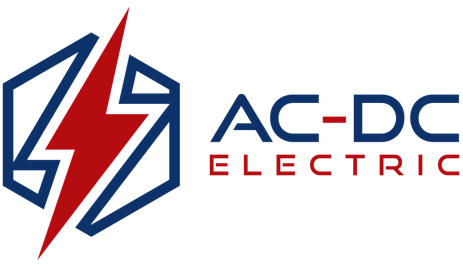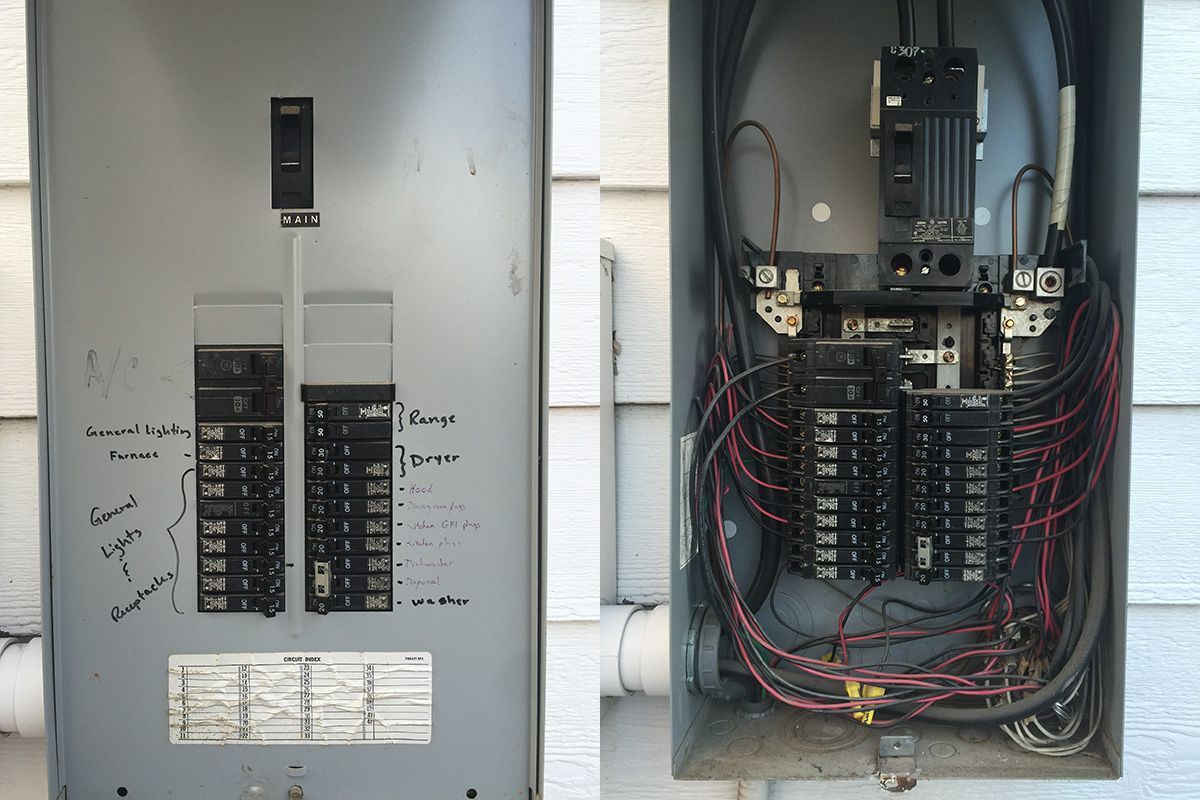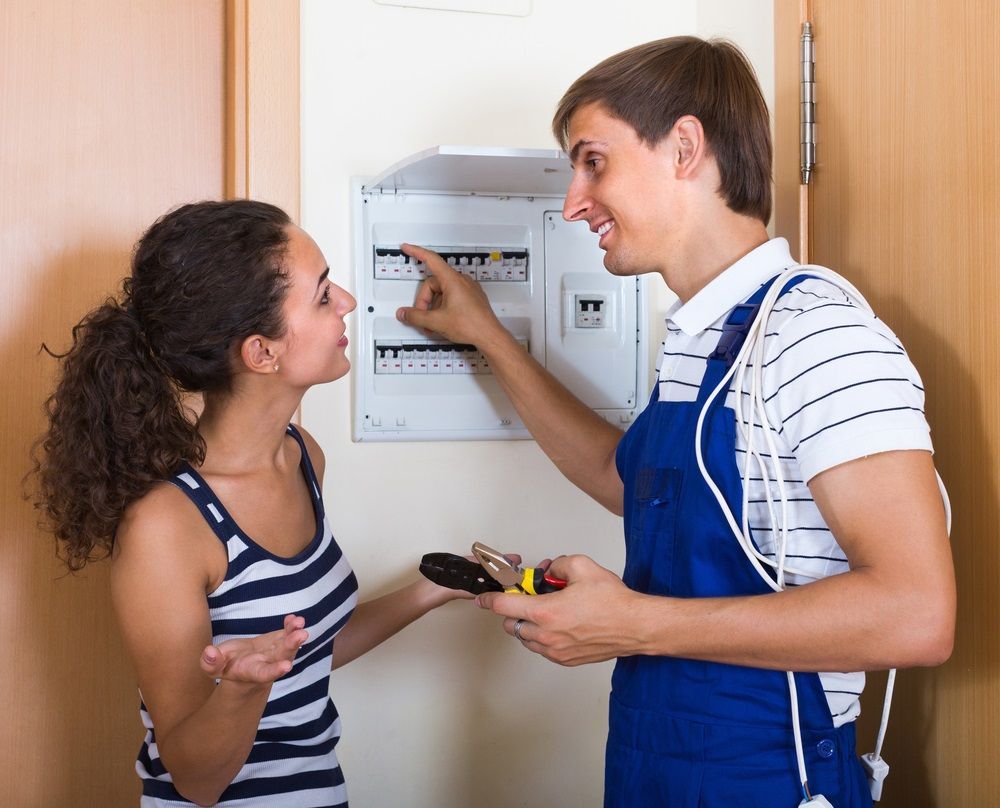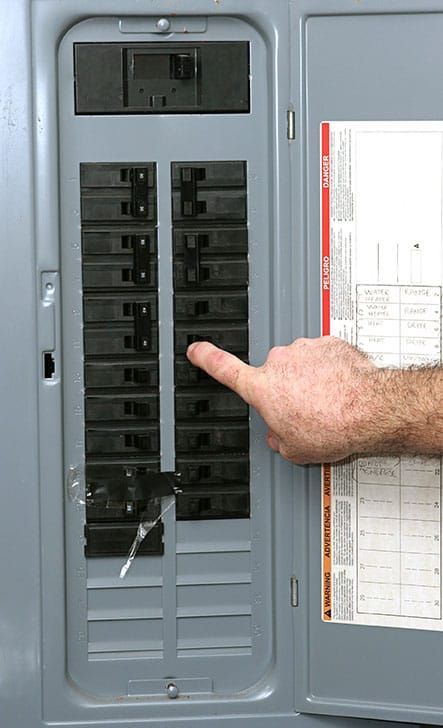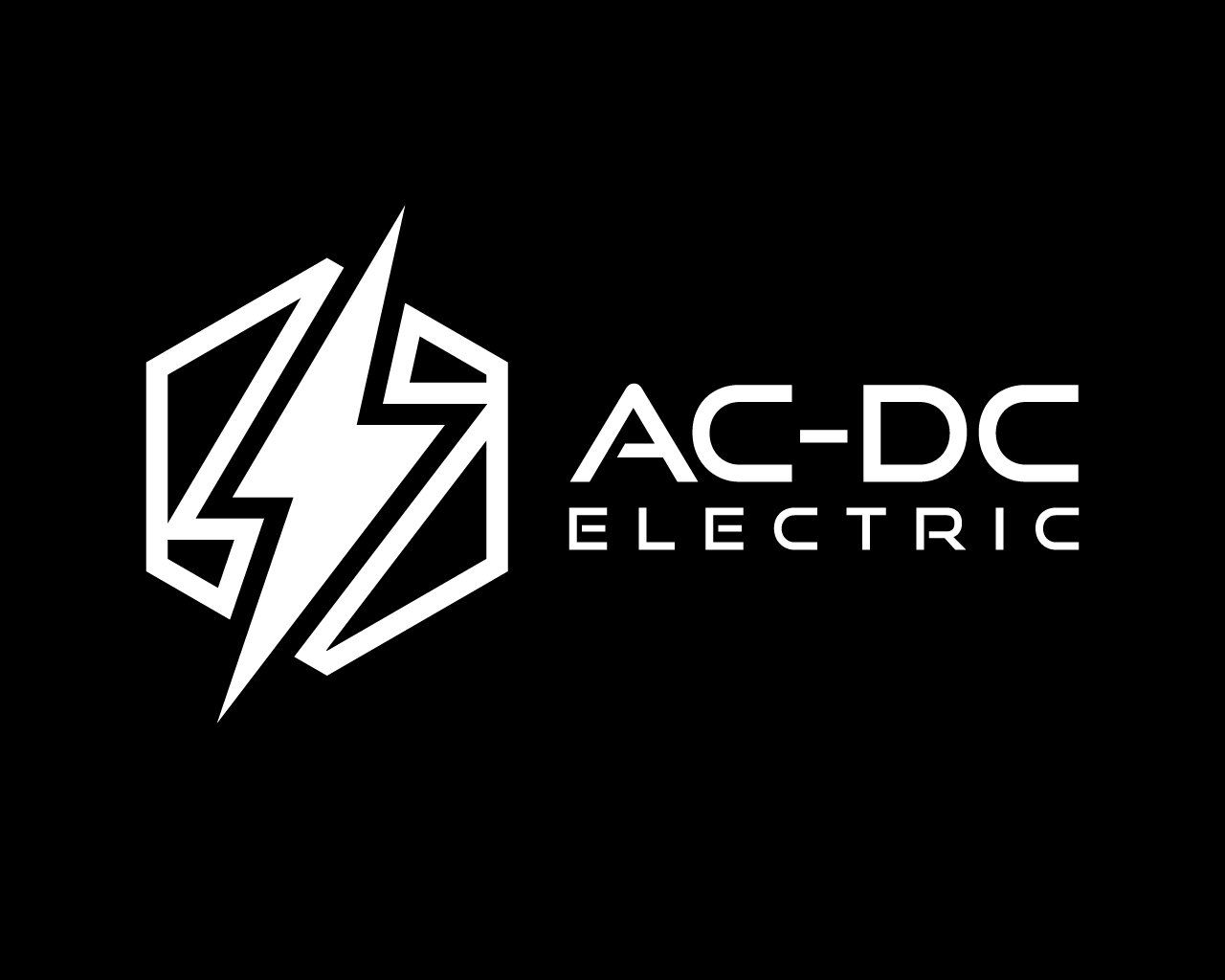How & When to Upgrade a Residential Electrical Panel (UPDATED)
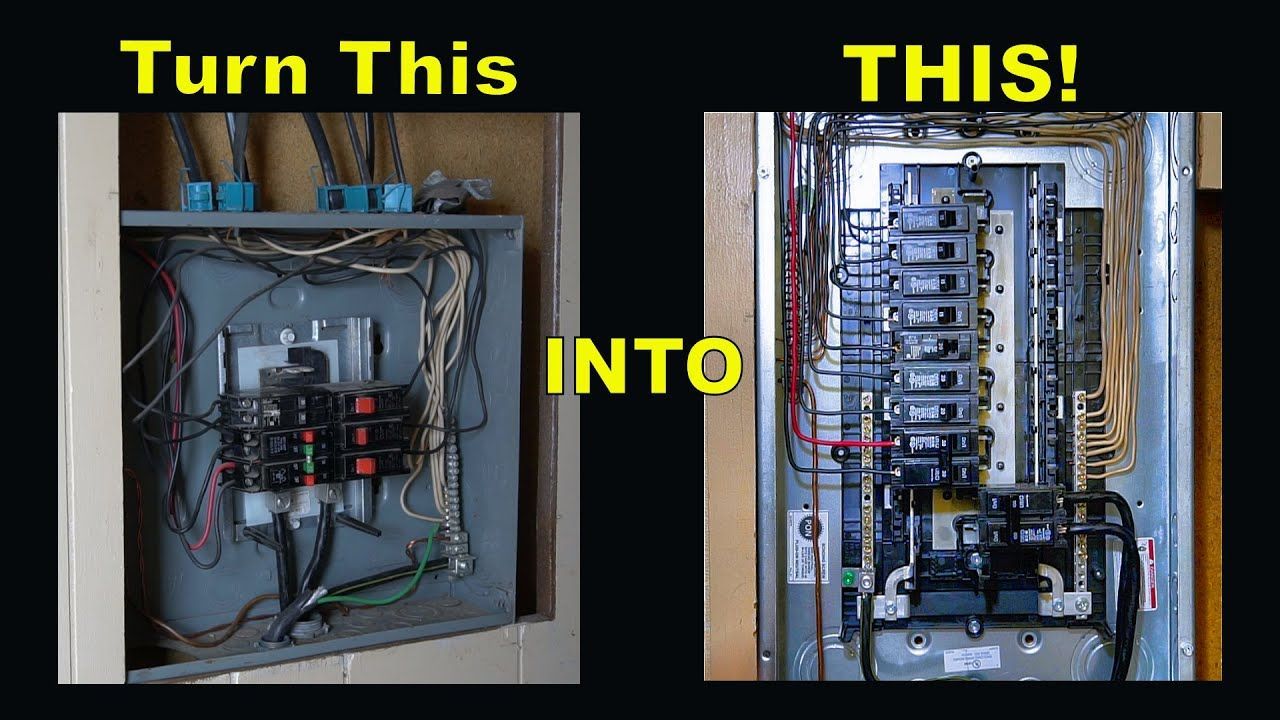
As electrical technology advances, so does the need to upgrade residential electrical panels. If your home was built before 1980, it’s likely that your current electrical panel is outdated and needs an upgrade. The good news is that upgrading your electrical panel can not only increase your home wiring system’s safety but also give you more power outlets and a higher amperage rating for all your appliances.
Let’s break down what you need to know about upgrading your residential electrical panel.
An old or inefficient electrical panel can become a major issue when it's overloaded with new appliances, HVAC systems, and even solar panel units. When the energy load exceeds what the electric panels already installed in the home can handle, both safety and energy efficiency are compromised.
In this case, you should seriously consider upgrading your electrical panel to ensure that all of these components receive adequate power and that your house remains both safe and energy efficient. From choosing and installing a panel to calculating the amperage capacity needed to make sure everything works properly an experienced professional will be able to get your home functioning at its highest efficiency and safety standards.
How To Know When It’s Time to Upgrade My Electrical Panel?
If you are unsure whether or not it is time to upgrade your electrical panel, look out for the following signs.
If your home is more than 40 years old
Upgrading your residence's electrical panel is essential if it was built more than four decades ago. Older homes with outdated panels may not be able to properly handle modern appliances and electronics, leading to either dangerous failure or sluggish, deteriorated performance.
If your home is in this category, you'll have peace of mind knowing that modern systems reduce the risk of overheating, shock, and fire significantly. Have an electrician inspect the panel to determine how much its wattage capacity will allow when adding new devices or services; they can also quote you on a potential upgrade.
You'll benefit from improved safety, enhanced power distribution, and the opportunity to alleviate the stress your system has been carrying for too long!
If you have a circuit breaker that frequently trips
Is your circuit breaker tripping frequently? It could be a sign that you need to upgrade your residential electrical panel. With the increased demand on our electrical systems, having an outdated electrical panel could put you at risk of an overload or worse - a fire.
An electrician can help you determine how best to upgrade your system. Your local utility company may even have incentives for upgrading to more efficient equipment, which can save you money in the long run.
Taking advantage of these upgrades not only improves safety in your home; it also helps conserve energy and reduce greenhouse gas emissions. Investing in an upgraded panel is well worth the effort, so take some time to talk with an electrician about updating yours today.
If you have fuses instead of circuit breakers
Upgrading a residential electrical panel is an important safety measure that all homeowners should consider, particularly if you have fuses instead of circuit breakers. Fuses are not as reliable as circuit breakers can be, often at peak times, causing hazardous overloading, arcing, or even fire.
In addition to the safety aspects, upgrading a residential electrical panel may be necessary to ensure you are getting the most from your electricity, as new electronic equipment that you purchase is often more demanding than in previous years. In many cases, an upgrade will save money in the long run due to decreased energy consumption and improved wiring efficiency.
Ultimately, it's important for all homeowners to assess their unique needs and talk with an electrician before deciding to upgrade their residential electrical panels.
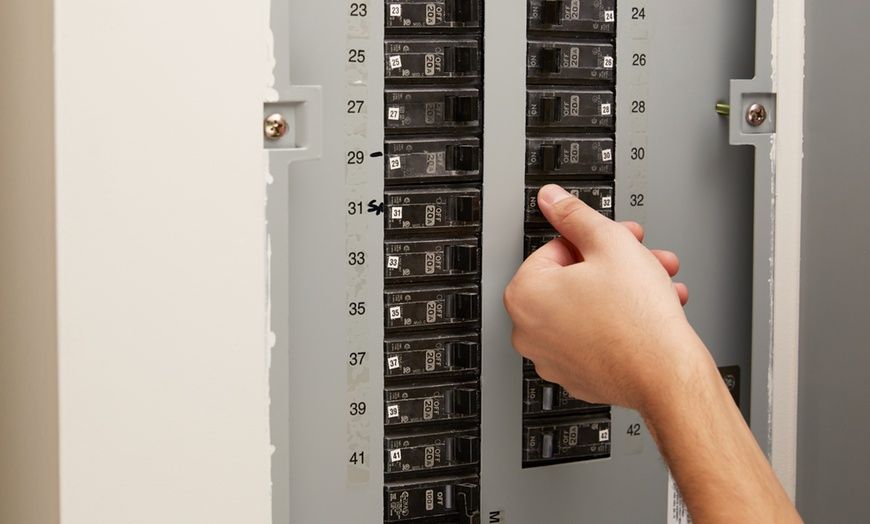
If you notice any sparks or burning smells coming from your electrical panel
If you start seeing sparks or smelling burning coming from your electrical panel, chances are it’s time to upgrade that residential panel. An upgraded panel comes complete with modern features like circuit breakers and wiring designed to prevent these dangerous situations.
Not only will upgrading your residential panel bring extra safety for anyone in the vicinity, but it can also mean more outlets for those devices you need to power up, such as air conditioning units, computers, lights, and more. A professional electrician should be called at once if you notice sparks or burning smells coming from your electrical panel – making sure safety comes first when upgrading a residential electrical panel.
If your electrical bill has increased significantly
Higher than normal electric bills can be a frustrating and expensive problem. If your electrical bill has been skyrocketing, it might be time to consider upgrading your residential electrical panel. Upgrading your residential electrical panel not only makes your home more efficient and electricity usage more manageable, but it can also help prevent property damage from potential overloading or overheating of the system.
The installation of a new panel also increases safety for your family, which is, without a doubt, priceless. The cost of upgrading may seem intimidating, but the cost savings from reduced energy usage can justify the initial investment in the long run.
If your electrical panels are no longer approved by the local jurisdiction
When it comes to the safety and functioning of your home’s electrical supply, there is no room for taking chances. If you have been informed that your circuits are outdated and no longer up to code, it's time to take action. To ensure that your family and possessions are safe from unexpected issues related to an unreliable power source, upgrading your residential electrical panel is the right thing to do.
Make sure you have a certified electrician taking care of it. Also, check whether you are eligible for any rebates available in your area, as they may help sweeten the deal financially. With the upgraded electrical panel soon enough, you can rest easy knowing that everything in your house is working according to today's regulations.
If you plan on selling your home
If you are planning to put your house up for sale, upgrading your residential electrical panel is a home improvement project well worth undertaking. Investing in a simple upgrade can drastically increase the appeal of your property and generate interest from potential buyers.
Securely housing the wiring leading in and out of your circuit breaker provides essential protection for household electronics and appliances, making it just as important for safety reasons as it is for value.
With today’s competitive market, properly maintaining existing panel components will mean far less hassle and expense in the future and provide peace of mind that everything is functioning effectively. Upgrading the electrical panel can protect the integrity of your home for years to come.
If your home has flickering or dim lights
Having flickering or dim lights in your home can be annoying and often indicates that it is time to upgrade your residential electrical panel. This can sound like a complicated problem, but luckily the solution doesn’t have to be difficult. An upgraded panel can easily prevent any future issues with lights as well as other electrical appliances around the house.
Additionally, having an up-to-date panel can even save you money long-term by increasing your energy efficiency. So, don't let dim lights keep you up at night - get an updated residential electric panel now before the problem gets any bigger!
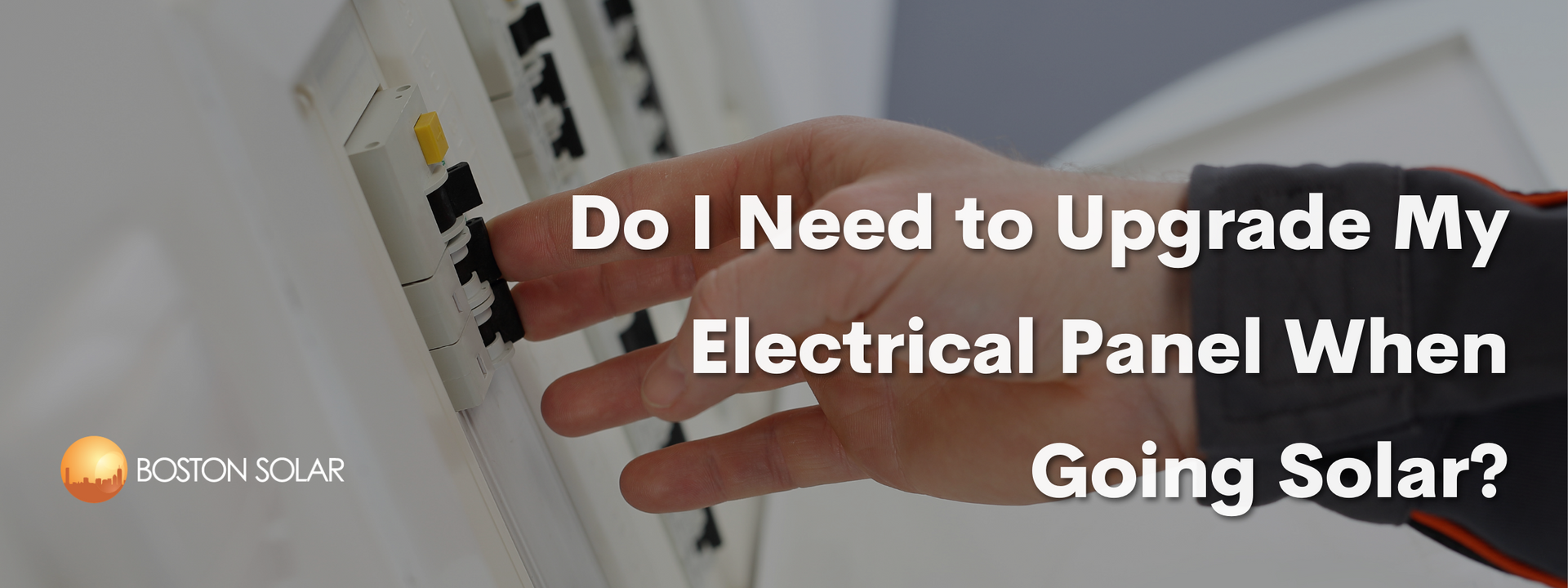
Do I Need to Upgrade my Electrical Panel for solar?
Installing solar power in your home is an achievable and wise investment in green energy that will provide tremendous benefits to both you and the environment. But before you can enjoy the benefits of solar energy, there’s one important factor to consider: upgrading your residential electrical panel. A modern home should have at least a 200-amp model, but many older homes are equipped with panels rated much lower than this.
In order to ensure the reliable performance of an installed solar system and compliance with local building codes, upgrading your panel prior to installation is highly recommended. There are finance options available for qualified homeowners to help offset the installation costs, making taking this step an easy decision.
To take full advantage of all that solar installation has to offer and protect yourself against any potential future problems, upgrading your residential electrical panel is necessary before beginning the installation of your new and improved home system.
How To Upgradea Residential Electrical Panel
Step One: Contact a Professional Electrician
The most important part of upgrading your residential electrical panel is ensuring that the job is done correctly. It’s best to hire a professional electrician with experience in these projects and can work with local codes and regulations.
A qualified electrician will also ensure that all safety precautions are taken during the installation process.
Step Two: Plan Ahead
Before starting any work on your home electrical system, always turn off the power at the circuit breaker panel or fuse box. This will prevent any damage from occurring in case of an unexpected surge of electricity.
Additionally, plan ahead by ensuring that all necessary tools are available before beginning the project. Having the right tools on hand before starting can save time and money in the long run.
Step Three: Inspect Your Current System
Once you have hired a professional electrician and gathered all the necessary tools, it’s time to inspect your current system. Your electrician should start by assessing your existing wiring, breakers, switches, and outlets, as well as any other components that may need repair or replacement during the upgrade process.
After an inspection is complete, your electrician can then determine what type of upgrades are needed for optimal performance and safety.
Step 4: Install New Circuit Breakers
Now that your electrician has inspected your current system, it's time to choose the right breaker box for your home and install new circuit breakers into it. Ensure that each circuit breaker is rated for the correct wattage – typically 15 or 20 amps – and that they are properly labeled to prevent overload when multiple devices are connected simultaneously.
It's also important to note that some older homes may require special wiring in order for new circuit breakers to be installed correctly, so make sure to consult an experienced electrician if needed.
How does hiring a licensed electrician ensure code compliance and safety?
Why a Licensed Electrician Is Essential for Code Compliance and Safety
A licensed electrician brings more to the table than just a set of tools—they carry years of rigorous training and a deep understanding of safety protocols. Their expertise means they're well-versed in current state and local codes, so every step of your panel upgrade meets official requirements.
By choosing a pro, you're reducing your own risk. They know the ins and outs of proper grounding, which types of outlets and wiring are needed, and how to select fixtures that match code.
This not only keeps your home safe, but also helps prevent headaches down the line—like failed inspections or electrical hazards you might not spot yourself.
Simply put, a qualified electrician ensures every connection, cable, and switch is installed safely and correctly the first time.
What is an electrical panel and what role does it play in a home's electrical system?
Understanding Your Home’s Electrical Panel.
Before we dive into upgrades, let’s start with the basics: what exactly is an electrical panel and why does it matter?
Think of your home’s electrical panel as mission control for everything that needs power indoors. This panel—sometimes called a breaker box or distribution board—serves as the point where electricity from your utility company enters your house, repackaged and redistributed to the spaces and devices that need it. Inside, you’ll find a series of circuit breakers, each acting like a safety gatekeeper for different rooms, appliances, or outlets.
When you flip a light switch, run your washing machine, or plug in your phone, you’re relying on your electrical panel to safely direct the right amount of power where it needs to go.
If there’s ever an overload or short circuit, the breakers are designed to trip—cutting electricity to prevent fire hazards and damage. In short, the panel is the silent quarterback directing the safe and efficient flow of power throughout your home.
What is Typically included in an electrical Panel upgrade?
What Does an Electrical Panel Upgrade Involve?
When you schedule an electrical panel upgrade, you can expect several key improvements to your home's electrical infrastructure. This process generally includes replacing your old fuse box or outdated panel with a modern, safer circuit breaker panel. In most cases, your home's electrical service will also be updated—often increasing capacity to accommodate today’s growing power needs, especially if you’re adding solar.
In addition to the new breaker panel, the service upgrade may involve:
Installing new breakers to distribute electricity more reliably
Updating the wiring connections to meet current safety standards
Coordinating with your utility company to boost the amperage coming into your home (such as upgrading from 100 amps to 200 amps)
These upgrades not only support the demands of a solar system but also give your home added protection and room for future growth—think more appliances, home offices, or a growing family. With the basics covered, you’re on track for a safer, more energy-efficient future.
What are the different types of electrical panel upgrades available (e.g, 100-amp, 200 -amp, higher amperage)?
Exploring Your Electrical Panel Upgrade Options
When considering an electrical panel upgrade for your solar installation, it’s important to choose the right capacity to match your home’s needs—both now and down the road. Here’s an overview of the most common upgrade options:
100-Amp Panel Upgrade
Often seen in smaller or older homes, a 100-amp panel offers basic functionality for limited electrical demands. This can be sufficient for homes with minimal modern appliances, but may quickly fall short if you’re adding solar or planning for future upgrades.
200-Amp Panel Upgrade
Nowadays, the 200-amp panel has become the gold standard for most new and updated homes. This upgrade allows you to safely run more high-demand appliances—think central air conditioners, modern entertainment systems, and, of course, your new solar equipment.
Boosting up to 200 amps also means increased safety, flexibility to add additional circuits, and peace of mind that you’re meeting current code requirements.
Higher Amperage Options (300-amp, 400-amp, and Beyond)
For especially large homes or properties with intensive electrical requirements (such as multiple HVAC systems, workshops, or electric vehicle chargers),
Upgrades to 300 amps, 400 amps, or even higher are available. While these advanced upgrades require a greater investment, they provide the horsepower needed for both unique present requirements and ambitious future plans.
Key Takeaways:
A 100-amp upgrade works for small, low-demand homes
A 200-amp panel is best for most homeowners, especially with solar
Higher amperage upgrades ensure ample power for expansive properties or special projects
By understanding your options, you can make the most out of your solar investment and keep your home running smoothly for years to come.
How additional electrical work (such as rewiring or adding circuits) impact the overall upgrade cost?
How Additional Electrical Work Can Affect the Upgrade Cost
Additional tasks—like rewiring parts of your home or installing new circuits—can quickly increase the final bill for your panel upgrade. For instance, if certain circuits need to be replaced or extended to accommodate new appliances, you'll need to budget extra for both materials and labor.
Even seemingly simple jobs, such as swapping out a single circuit breaker switch, typically run between $100 and $200.
To avoid surprises, be sure to request a detailed estimate from your electrician before the project kicks off. This will help clarify what’s included in the base price and what might cost extra, so you can make the most informed decision for your home and budget.
What are some unsafe or outdated electrical panel brands that may require replacement (e.g., Federal Pacific Electric Panel)?
Watch Out for Unsafe or Outdated Panel Brands
Not all electrical panels are created equal—some older brands have developed reputations for serious safety hazards. If your home still uses panels from manufacturers like Federal Pacific Electric (FPE) or Zinsco,
It’s especially important to take action. These panels are notorious for failing to trip during overloads, dramatically increasing the risk of electrical fires or shocks.
Other signs your panel may be outdated or unsafe include:
Panels with visible rust, scorch marks, or loose wiring
Brand labels that are faded or missing (a common hint of older, recalled models)
Breakers that feel unusually hot to the touch
If you spot any of these warning signs, have a licensed electrician inspect your system as soon as possible. Replacing these outdated panels can safeguard your home and ensure your electrical system is up to modern standards.
What disruptions should homeowners expect during an electrical panel upgrade?
Homeowners should anticipate a few temporary inconveniences during the electrical panel upgrade process. First and foremost, the power will need to be completely shut off while the work is performed.
Depending on the complexity of the project, this outage can last several hours, so it’s wise to schedule the upgrade for a time when minimal electricity is needed.
Be sure to let everyone in your household know about the planned outage so they aren’t caught off guard. It’s also a good idea to plan ahead for essential needs—think about charging laptops and phones in advance, having flashlights or battery-powered lights ready, and knowing how this downtime might affect any important appliances or medical equipment.
In some cases, the process may generate a bit of noise or disrupt daily routines, especially if your panel is located in a high-traffic area. While your electrician will strive to keep the workspace tidy, having clear access to the panel and surrounding area can help the project go smoothly and reduce any potential mess.
By preparing for these minor disruptions in advance, you can ensure a smoother upgrade experience for everyone in your home.
How does the location and accessibility of an electrical panel impact upgrade costs?
Where your electrical panel is located—and how easily an electrician can access it—will also influence your final price tag. If the panel is tucked away in a tight crawl space, behind finished walls, or situated in a hard-to-reach spot, you can expect labor costs to be higher.
Electricians may need to spend extra time moving obstacles or navigating cramped quarters, and that additional effort is reflected in your bill.
Panels installed in basements, garages, or outside the home may come with unique challenges. For example, installation in damp or unconditioned spaces might require extra weatherproofing or insulation to protect your electrical system from moisture or temperature extremes.
These site-specific steps can add to both labor and materials costs, so be sure to mention panel location when collecting quotes from local pros.
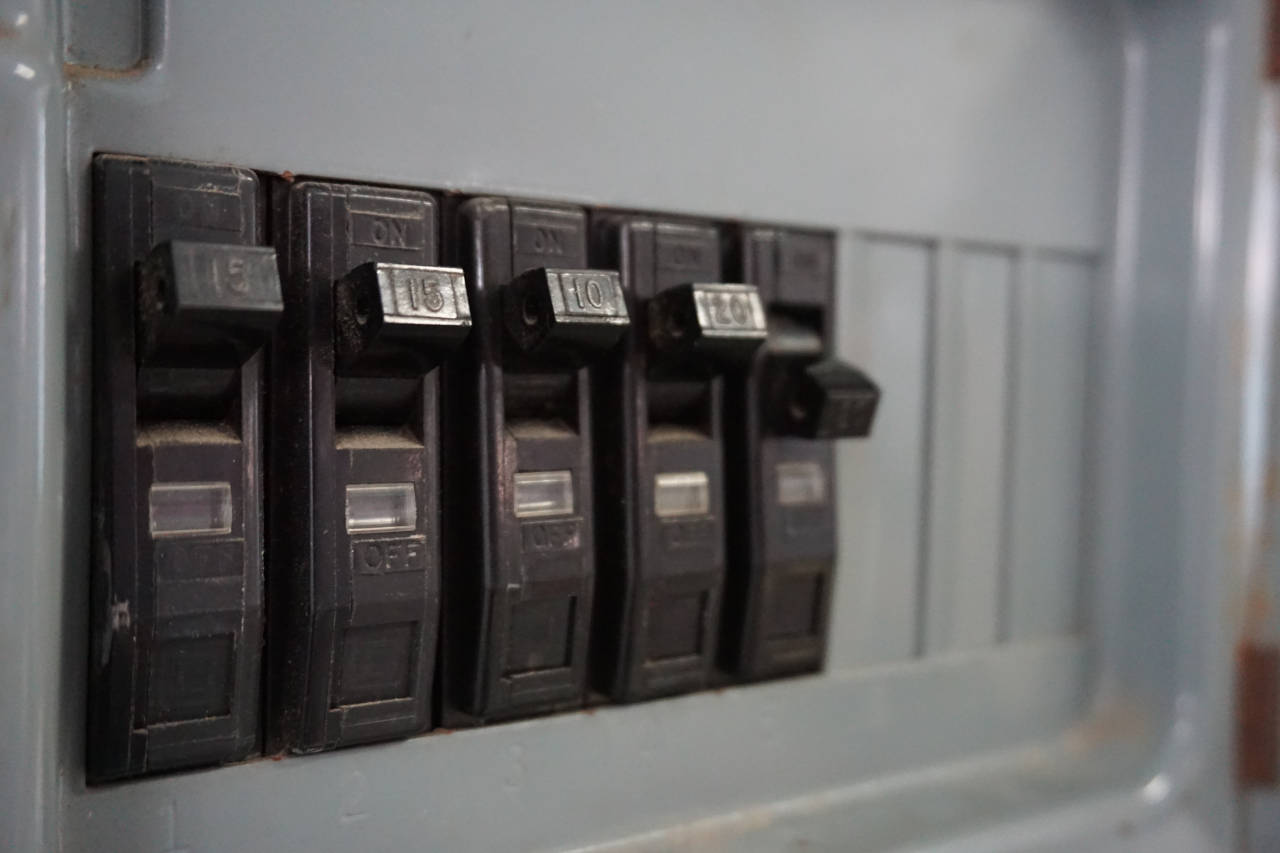
Can I Upgrade My Electrical Panel Myself?
Can I upgrade my electrical panel myself? As with many DIY jobs, it really depends on the circumstances and your skill level. In most cases, it is recommended that you hire a professional electrician to make sure everything is done safely and according to code. Generally speaking, an electrical panel upgrade involves working with a high voltage system that can be dangerous for someone without experience.
You would need to shut off power to the home, remove wires and potentially modify circuits or add new breakers. If you aren't sure what needs to be done or lack the skills necessary to complete the job, trust a qualified electrical contractor who will assess your current system and determine the best solution for upgrading your panel.
How To Upgrade Electrical Panel to 200 amps?
Upgrading an electrical panel to 200 amps can be a daunting task, especially if you've never done it before. It's important to take the right safety precautions when trying to make this upgrade. To do this, you'll want to start by disconnecting the existing panel from its power source and then replacing the old circuit with a new 200 amp circuit breakers. After that, you should install a ground fault interrupter hookup to ensure your safety while using electrical appliances. Finally, after securing all bolts and screws, double check all of your connections before plugging it back into its power source. Following these steps will help ensure that you successfully upgrade your panel to 200 amps!
When To Upgrade Electrical Panel?
The best time to upgrade your electrical panel is when you’re renovating your home. This is because renovations can often increase the electrical load on your home, and an outdated electrical panel may not be able to handle this additional load. By upgrading your electrical panel, you can ensure that your home’s electrical system can safely handle the increased load.
Additionally, if you add new appliances to your home, such as a new air conditioner or a new clothes dryer, you may need to upgrade your electrical panel. This is because these new appliances will add to the electrical load on your home, and an outdated electrical panel may not be able to handle this additional load.
Suppose you have an electrician inspect your home’s electrical system, and they recommend that you upgrade your electrical panel; then you should also do so. This is because an electrician will be able to identify any potential problems with your current electrical panel and recommend a better option for your needs.
Lastly, if you experience problems with your current electrical panels, such as circuit breakers tripping frequently or lights flickering, then you should consider upgrading to a new one. These problems can often be caused by an outdated or overloaded electrical panel, and by upgrading to a new one, you can help to prevent these problems from occurring in the future.
Do You Need a Permit to Upgrade Electrical Panel?
Do you need a permit to upgrade your electrical panel? The answer is yes! Depending on where you live and the complexity of your project, pulling a permit for your electrical panel upgrade may be required by law. It's important to find out if you need one - failure to do so could result in hefty fines or even putting yourself or those around you at risk. Apart from the legal requirements, it is advisable to pull the necessary paperwork anyway since it will make sure your electrical system is safe and meets all codes and standards. So, when considering an upgrade, make sure that you look into how to obtain the proper permits before starting on any projects.
How much does it cost to Upgrade an Electrical Panel?
How much will it cost to upgrade an electrical panel? The answer can vary depending on a number of factors, such as the required size of panel, labor costs, and any additional upgrades. Generally, panels range in price from approximately $500 to over $2000, depending on the complexity of the job. On average, a Colorado homeowner replacing a standard 150 amp breaker box alone can expect to pay around $1200 for parts and labor. Hiring a professional electrician is highly advised when upgrading an electrical panel as it can be dangerous work that involves a high level of technical skill. It is important to research local electricians and get quotes to ensure you get the best value for money before proceeding with any electrical upgrades.
Conclusion
Upgrading a residential electrical panel may seem like a daunting task, but knowing why it needs to be done and when it should be done will make the process easier. Remember – upgrading an older electrical system can help protect against potential fire hazards due to faulty wiring or overloaded circuits while also providing enough power outlets for your electronic devices.
With this information in hand, Greeley, Evans, Loveland, Johnstown & Windsor homeowners with older systems can confidently move forward with their plans to upgrade their residential electric panels today!
Why You Should Choose AC-DC Electric
If you’re still having trouble finding the right electrician to help you with your residential electrical issues, consider contacting AC-DC Electric. We maintain a network of reliable and affordable electricians who can offer assistance.
Our clients in Greeley, Evans, Johnstown & Windsor trust us for the following reasons:
Our Experience
At AC-DC Electric, we have been offering both residential and commercial electrical services for over four decades. Our experience has taught us the best ways to perform various procedures.
Our management and staff have seen electric systems evolve over time and have gained a deeper understanding of how they work. Thanks to our experience, we rarely encounter issues that we have never seen before.
Our knowledge
Each of our electricians and technicians is licensed, certified, and trained to provide high quality services. We understand the importance that electric systems play in both residential and commercial properties. This is why we handpick the best staff who are both knowledgeable and have demonstrated their ability in a variety of situations.
At AC-DC Electric, we foster an environment that encourages excellence. You can count on our electricians and technicians to get the job done with both speed and skill.
Our Transparent Pricing
Dealing with an electrical problem at home can be incredibly distressing, and many electricians and companies are willing to exploit people experiencing such issues by charging them high fees. At AC-DC Electric, we strive to provide high quality services at affordable rates.
Our experts can also offer you a free estimate before you hire them. This ensures you remain aware of how much you will need to pay before using our services.
If you’re ready to tackle your residential property’s electrical problems quickly, please contact AC-DC Electric today. Our experts are always happy and ready to help residents in Greeley, Evans, Johnstown & Windsor. Call today for a free estimate at 970-330-1656.
